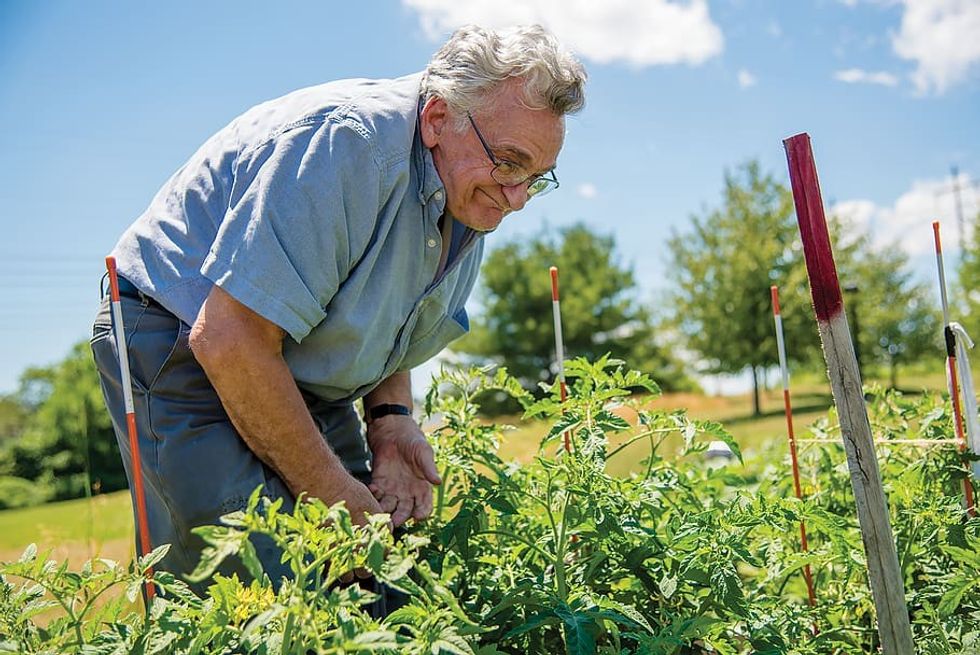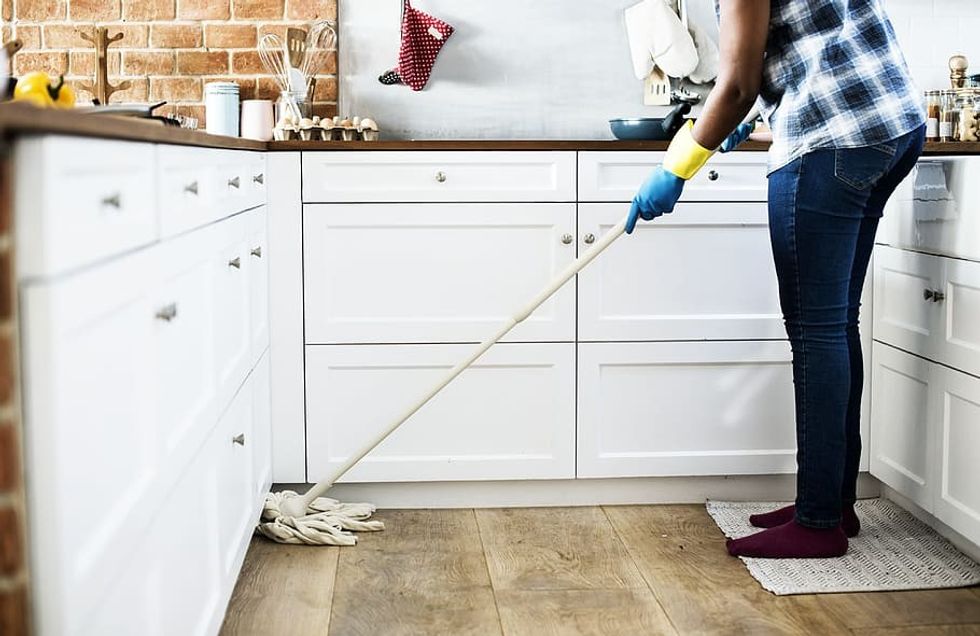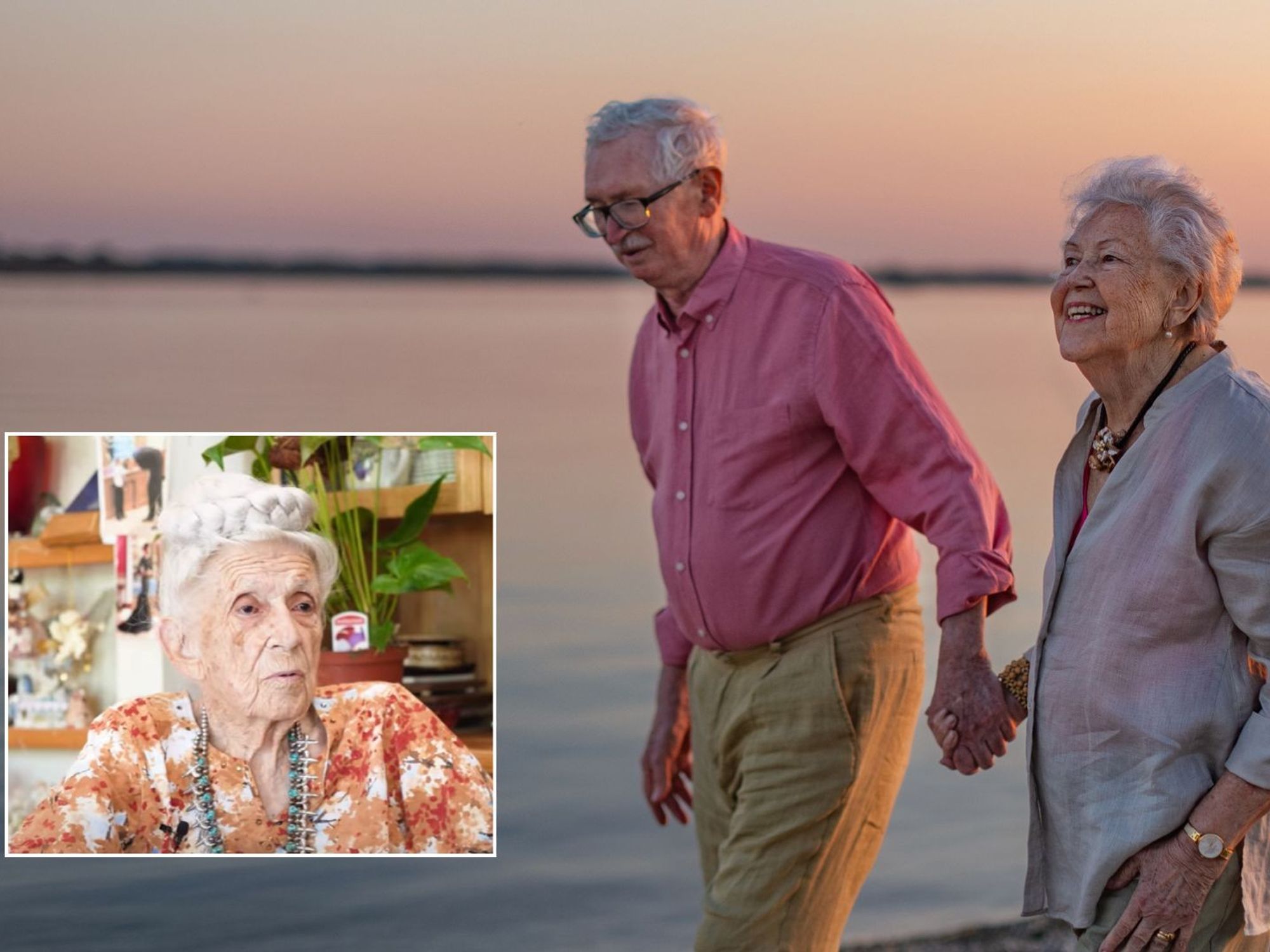
Carrying out household chores such as hoovering can reduce the risk of cancer
Pexels
Daily bursts of activities can reduce middle-age people's risk of getting cancer by almost a third
Don't Miss
Most Read
Trending on GB News
Completing less than five minutes of household chores everyday can reduce the risk of cancer, a new study says.
Hoovering, carrying heavy shopping bags, and walking up the stairs are all daily bursts of activity that make us “huff and puff”, researchers have said.
These simple daily tasks may not initially seem to rival a workout in the gym, but surprisingly those who carry out these chores could have risk of getting cancer slashed by 32 per cent.
Researchers have said that if these tasks are performed with “gusto”, middle-aged adults would reap in multiple health benefits.

Vigorous intermittent lifestyle physical activity (Vipla) has many health benefits
Wallpaper Flare
This would benefit those who tend to shy-away from more conventional forms of exercise, the study published in JAMA Oncology has shown.
These short bursts of activity can boost fitness, improve insulin sensitivity and reduce inflammation – all things which can minimise the risk of getting the disease.
Researchers at the University of Sydney concluded that just 4.5 minutes of vigorous movements could reduce the risk of cancer by almost a third.
These intensive bouts of movement are referred to as vigorous intermittent lifestyle physical activity (Vipla).

Almost 23,000 adults were monitored on their daily activities for almost seven years.
Wallpaper Flare
People who did a lot of Vilpa had a more reduced change of getting cancer than those who did not.
Those with sedentary lifestyles have been urged by scientists to up the intensity with which they carry out daily tasks.
The study looked at data from 22,398 adults who were on average 62 years old.
These adults were also classified as non-exercises.
The group’s individual health records were monitored for close to seven years.Each induvial wore a Fitbit-style device to monitor their exercise and activity throughout the period.
The devices picked up Vipla heavy activities, such as gardening, unloading the car and scrubbing the bathroom, which raised their heartbeats.
The participants were divided into groups based on how much Vilpa they did.
This data was then compared with their medical records, where they looked at how many of them developed cancer over the following seven years.
During this time, roughly one in 10 participants developed the nasty disease.
Professor Emmanuel Stamatakis, the study’s lead author, said “We know the majority of middle-aged people don’t regularly exercise, which puts them at increased cancer risk but it’s only through the advent of wearable technology like activity trackers that we are able to look at the impact of short bursts of incidental physical activity done as part of daily living.”








